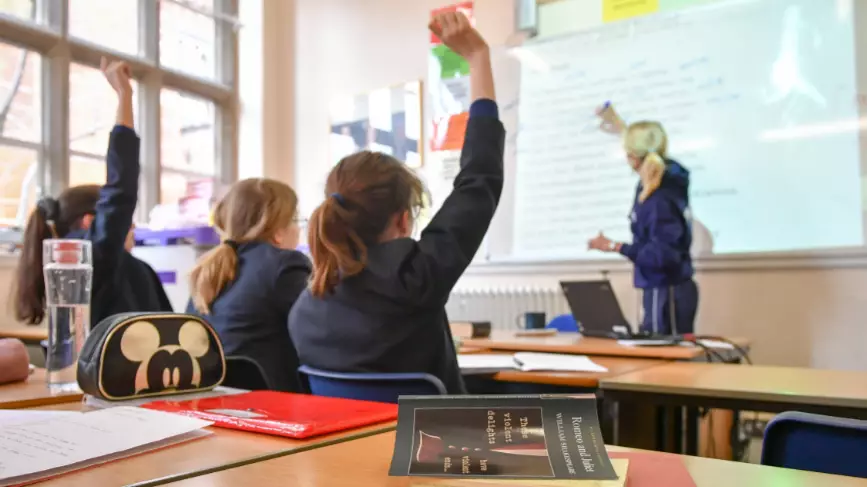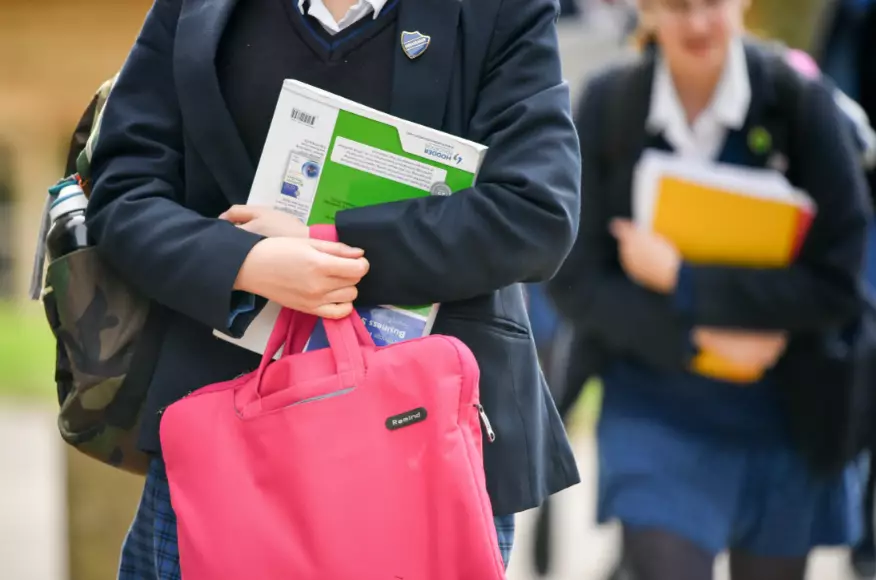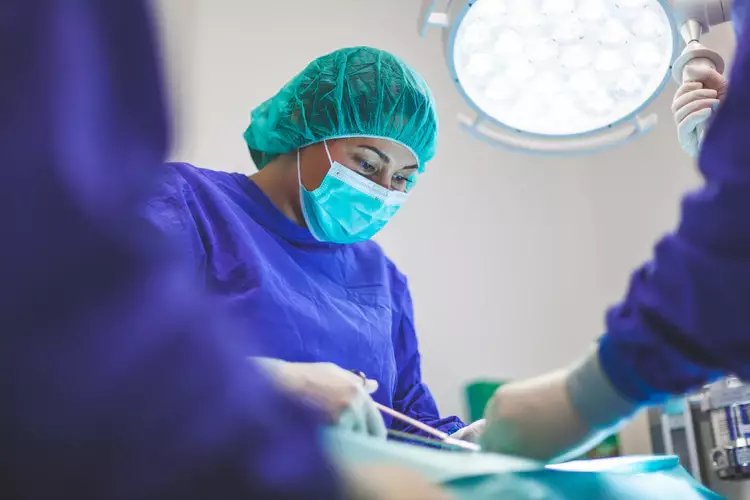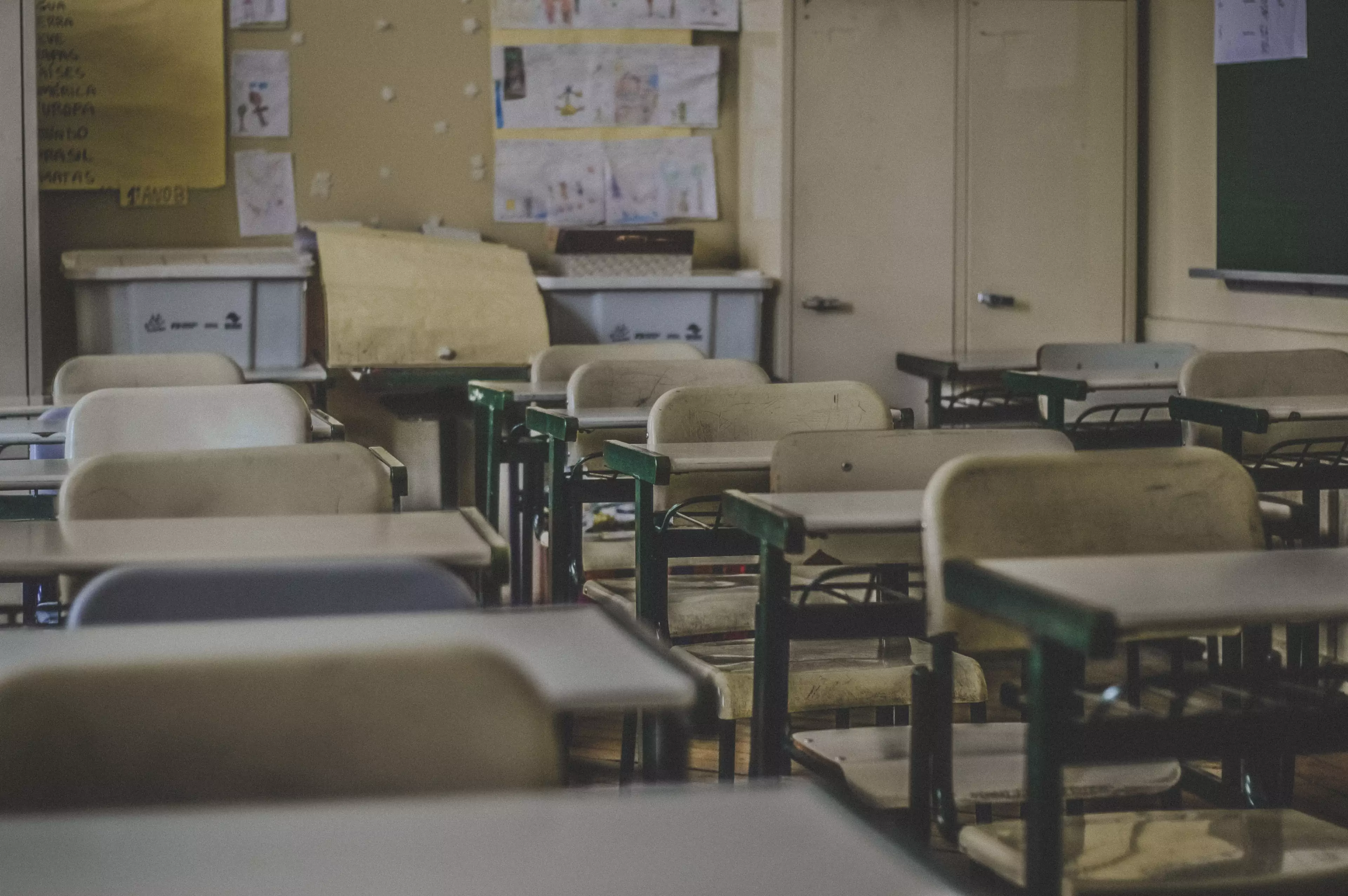
This morning, the government announced a list of key workers considered "essential" to tackling the ongoing coronavirus outbreak across the UK.
Those who work in the outlined sectors can continue to send their children to school (if they cannot be looked after safely at home), after Prime Minister Boris Johnson announced all schools would close until further notice.
The Department for Education has today released the list of key workers, whose children will be prioritised for education provision.
Advert
This is so workers who fall into the key categories - who are critical to keeping the country going amidst the COVID-19 outbreak - are not forced to stay at home now that schools have closed.
This includes NHS workers, teachers, supermarket staff and those who work in utilities and financial sectors.
"If your work is critical to the COVID-19 response, or you work in one of the critical sectors listed below, and you cannot keep your child safe at home then your children will be prioritised for education provision," the Department for Education said.
Health and social care
Advert
This includes doctors, nurses, midwives, paramedics, social workers, care workers and other frontline health and social care stuff including volunteers; the support and specialist staff required to maintain the UK's health and social care sector; those working as part of the health and social care supply chain, including producers and distributers of medicines and medical and personal protective equipment.

Education
This includes teachers (as well as nursery staff), social workers and specialist education professionals.
Advert
Key public services
This category includes those who run the justice system, religious staff, charities and workers delivering frontline services and those responsible for the management of the deceased.
Journalists and broadcasters who are providing public service broadcasting are also included in this list.
Local and national government
Advert
This only includes those in administrative roles essential to the COVID-19 response or those delivering essential services such as payment of benefits.

Food and other goods
Workers in this category include those involved in food production, processing distribution, sale and delivery and "those essential to the provision of other key goods (for example hygienic and veterinary medicines)."
Advert
Public safety and national security
This includes police and support staff, Ministry of Defence civilians, contractor and armed forces personnel, fire and rescue services, National Crime Agency staff, those maintaining border security, prison and probation staff and other national security roles (both UK and overseas).
Transport
This category includes "those who will keep the air, water, road and rail passenger and freight transport modes operating during the COVID-19 response, including those working on transport systems through which supply chains pass."
Utilities
Including those needed for financial services (banks, building societies, financial market infrastructure), oil, gas, electricity and water sectors, information technology and data infrastructure sector and primary industry supplies to continue during the COVID-19 response, as well as key staff working in the civil nuclear, chemicals, telecommunications.

Parents of vulnerable children are also able to continue sending their kids to school.
"Vulnerable children include children who are supported by social care, those with safeguarding and welfare needs, including child in need plans, on child protection plans, 'looked after' children, young carers, disabled children and those with education, health and care (EHC) plans," the government explain.
For more information, please visit the Gov.uk website.
Featured Image Credit: PATopics: News, Coronavirus